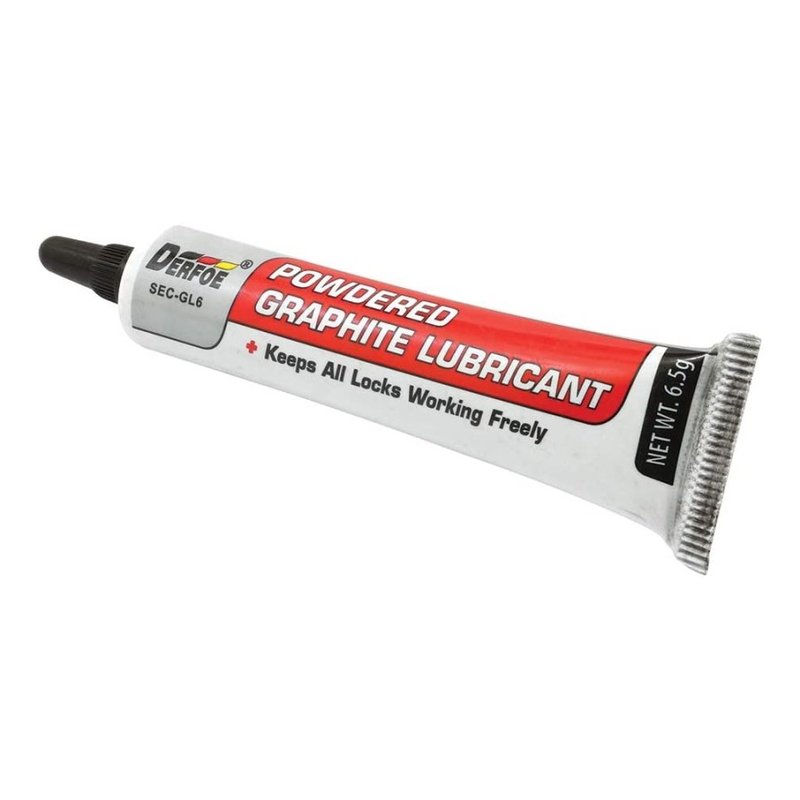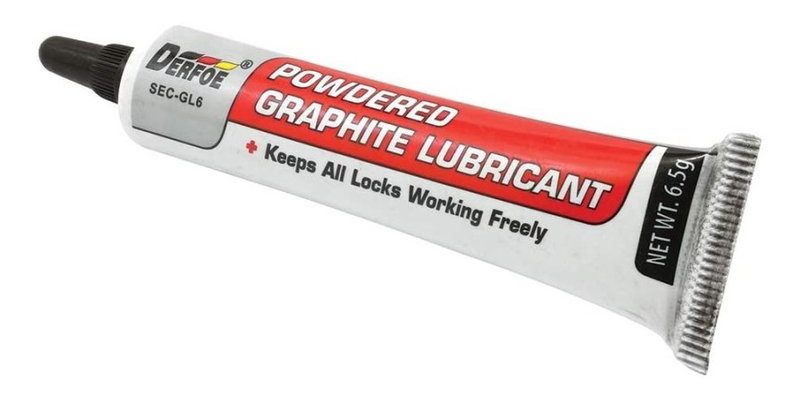
Picture this: you’ve just installed a stunning new brass doorknob, and it gleams in the light. It adds a touch of elegance to your entryway. But then you reach for the can of lubricant you have lying around, and suddenly, that shine is dull and lifeless. You might be wondering if there’s a way to prevent this distressing scenario. Absolutely! Finding the best lubricants for different door hardware finishes is all about knowing the right types and applying them properly.
Understanding Different Door Hardware Finishes
Before diving into what lubricants to use, let’s first talk about the various door hardware finishes you might encounter. Each finish has its own characteristics and care requirements. Here are a few of the most common ones:
- Brass: Known for its warm tone, brass can tarnish over time. It’s beautiful but requires regular cleaning.
- Stainless Steel: This finish is modern and sleek. It’s resistant to rust but can still benefit from a good lubricating treatment.
- Bronze: Often chosen for its rich color and patina, bronze can be sensitive to harsh chemicals.
- Chrome: Highly reflective and popular in contemporary designs, chrome can scratch easily if not handled with care.
Understanding these finishes will help in selecting the right lubricant. Each material has unique properties that can react differently to various products.
The Importance of Choosing the Right Lubricant
So, why does it matter which lubricant you use? Here’s the thing: using the wrong product can cause discoloration, corrosion, or even further wear and tear on the hardware itself. A high-quality lubricant not only keeps your door functioning smoothly but also prolongs the life of the finish.
For example, using a petroleum-based lubricant on brass can lead to tarnishing. On the other hand, a silicone-based lubricant can protect the finish and reduce friction without causing any damage. It’s all about finding that sweet spot where maintenance meets protection.
Common Problems with Door Hardware
You might be wondering what issues can arise if your door hardware isn’t properly lubricated. Here are a few typical problems:
- Squeaking: A telltale sign that your hinges need help.
- Sticking: This happens when door components aren’t gliding smoothly against each other.
- Rust: Particularly on metal finishes, improper lubricants can lead to rust formation.
Addressing these issues quickly will save you time and money down the line, making the right lubricant choice even more crucial.
Best Lubricants for Brass Finishes
Brass hardware can be a beautiful addition to your home, but it does require a specific type of care. When you’re looking for the best lubricant for brass, you want to avoid anything that contains harsh chemicals or petroleum.
One excellent choice is a *silicone spray lubricant*. Here’s why:
– Non-Tarnishing: It won’t react with the brass and cause tarnish.
– Water-Resistant: It provides a protective barrier against moisture.
– Long-Lasting: It keeps your hardware smooth for longer periods.
To apply, just spray a small amount on a soft cloth and wipe down the hinges or knobs. This way, you ensure that you’re not over-applying and that the finish remains intact.
Best Lubricants for Stainless Steel Finishes
Stainless steel is known for its durability, but it still needs its fair share of TLC. For lubricating stainless steel hardware, consider using a *teflon-based lubricant*. Here’s why it works:
– Non-Oily: Unlike some other lubricants, it doesn’t leave a sticky residue.
– Corrosion Prevention: Teflon helps protect against rust and corrosion.
– Smooth Operation: It significantly reduces friction, ensuring doors swing easily.
When using a teflon-based lubricant, ensure the surface is clean before applying. A quick wipe with a cleaning cloth can do wonders to remove any dirt or debris.
Best Lubricants for Bronze Finishes
If you have bronze hardware, you want to be particularly careful. A great option here is a *graphite lubricant*. It might sound old-fashioned, but it works wonders for bronze:
– Safe for Metals: It won’t cause staining or discoloration.
– Self-Lubricating: Graphite reduces friction without needing constant reapplication.
– Dust Protection: It helps repel dirt and grime.
To use it, simply apply a small amount directly to the hinges and work it in. It’s a bit messier than sprays, so use gloves if necessary.
Best Lubricants for Chrome Finishes
Chrome finishes are stunning but can easily become scratched or damaged. For chrome hardware, it’s best to stick with a *silicone-based lubricant* or a *specialized chrome lubricant*.
– Scratch Resistance: Silicone helps in maintaining that glossy finish.
– Easy Application: Just a little goes a long way, and it dries clear.
– Versatile: Works well on various types of chrome fixtures.
Make sure the chrome surface is clean before application, as dirt can scratch the finish when rubbed in.
How to Properly Apply Lubricants
So you’ve chosen your lubricant, but how do you apply it correctly? Here are some simple steps:
1. Clean the Surface: Wipe away any dirt and grime.
2. Apply Sparingly: Less is more; you don’t need a puddle.
3. Work It In: Move the hardware a few times to distribute the lubricant evenly.
4. Wipe Excess Off: Use a clean cloth to remove any excess to prevent buildup.
Following these steps ensures that you get the most out of your lubricant while also protecting your door hardware finishes.
Choosing the right lubricant for your door hardware finishes doesn’t have to be complicated. It’s all about understanding the materials you’re working with and picking a product that keeps them looking great. Whether you’re dealing with brass, stainless steel, bronze, or chrome, each has its own ideal lubricants that will protect against discoloration and ensure smooth operation.
By taking the time to apply the right lubricant regularly, you can avoid common issues like squeaking and sticking, ultimately prolonging the life of your hardware. So go ahead, pick the right lubricant, and give your door hardware the care it deserves!
